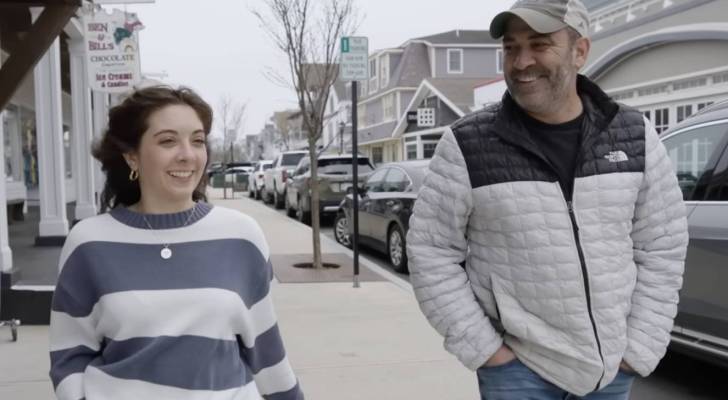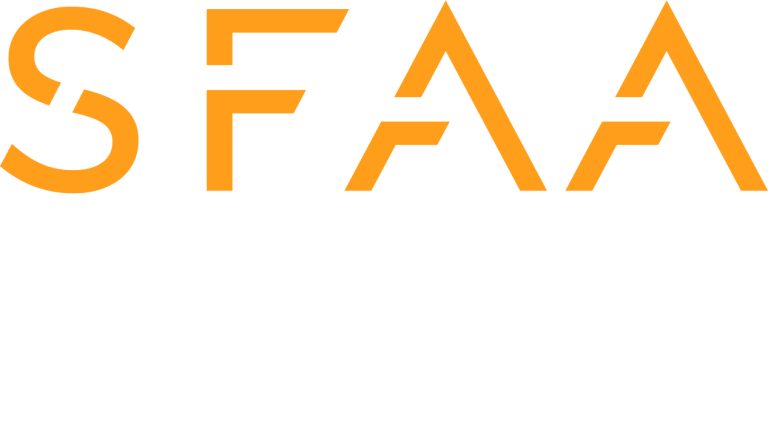
Martha’s Vineyard may be best known as a summer escape — coffee shops with handwritten menus, boutiques selling $80 sun hats, summer romances and lobster rolls treated like currency.
But for 23-year-old Tyla Packish, it’s not a vacation destination, it’s home. She lives year-round in Oak Bluffs, her hometown on Martha’s Vineyard in Massachusetts.
Don’t miss
- I’m 49 years old and have nothing saved for retirement — what should I do? Don’t panic. Here are 5 of the easiest ways you can catch up (and fast)
- Thanks to Jeff Bezos, you can now become a landlord for as little as $100 — and no, you don’t have to deal with tenants or fix freezers. Here’s how
- Gain potential quarterly income through this $1B private real estate fund — even if you’re not a millionaire. Here’s how to get started with as little as $10
While the tourists pack up after Labor Day, Packish sticks around to work remotely through the off-season, when even the ice cream shops go into hibernation.
“I think one of the biggest myths about Martha’s Vineyard is that every single person that lives here is super wealthy and owns a mansion,” she told CNBC Make It. “But really it’s a bunch of normal people with rich people that visit sometimes.”
But even though she makes about $85,000 a year, she admits: “I wouldn’t be able to live on Martha’s Vineyard with my salary.”
Here’s how she’s been making island life work after the summer buzz fades away.
A side hustle helps make ends meet in high-cost areas
Packish pulls in a combined income of around $85,000 thanks to her $67,000 full-time ad agency job and an $18,000-a-year side hustle managing and consulting on social media for local businesses, something she started doing in college.
She’s one of almost 40% of Americans with a side hustle, according to a LendingTree survey. Of those, 61% report that they had to get a side gig to make ends meet.
On top of her side hustle, Parkish has another big advantage that helps her stay afloat in the high-cost community.
The 23-year-old has been living with her parents and is currently living rent-free in an apartment her father owns during off-season in Martha’s Vineyard.
Read more: Want an extra $1,300,000 when you retire? Dave Ramsey says this 7-step plan ‘works every single time’ to kill debt, get rich in America — and that ‘anyone’ can do it
For those who live in a high-priced area but don’t have that kind of support, finding a roommate or relocating to a more affordable area — even temporarily — could be a smart financial move.
Budgeting for the short-term and long-term
Packish isn’t lounging her rent-free lifestyle away. Instead of spending her extra cash on indulgences, she’s building a financial cushion.
“I figured, why not start early?” she says. “And then when there are years where I’m learning how to pay rent and budget and things like that, I don’t have to worry about my retirement or saving.”
In February 2025 alone, Packish contributed $1,583 to a Roth 401(k) and Roth IRA. Last year, she maxed out her IRA at $7,000 and tucked away more than $10,000 into a 401(k).
That’s on top of covering her everyday costs — about $705 a month on discretionary spending like travel, home goods and the occasional eye exam plus around $551 on groceries and dining out.
This summer, she’ll be using some of her financial cushion to advance her career. In August, Packish is planning to move across the country to Los Angeles for her job.
If you’re looking to get your finances in order like Packish, the first step is choosing a budgeting method that feels sustainable.
The 50/30/20 rule. This method may work for people who like some structure with a side of flexibility. You divide your income into three buckets: 50% for essentials, 30% for lifestyle spending and the 20% for savings and debt repayment.
Zero-based budgeting. This approach will appeal to people who want full control over their cash and can work a spreadsheet. In zero-based budgeting, every dollar you earn is assigned a job — whether to pay down bills, build savings or treat yourself to a night out.
As Packish spreads her wings and heads west, she’s doing it with more than just a suitcase — she’s bringing a plan. One that’s built for change, but grounded in stability.
“I could see myself maybe coming back here when I’m older, maybe to raise a family,” she says.
What to read next
- Don’t have the cash to pay Uncle Sam in 2025? You may already be eligible for a ‘streamlined’ handshake with the IRS — here’s how it works and how it can potentially save you thousands
- Here are 5 ‘must have’ items that Americans (almost) always overpay for — and very quickly regret. How many are hurting you?
- Robert Kiyosaki warns of a ‘Greater Depression’ coming to the US — with millions of Americans going poor. But he says these 2 ‘easy-money’ assets will bring in great wealth. How to get in now
This article provides information only and should not be construed as advice. It is provided without warranty of any kind.


